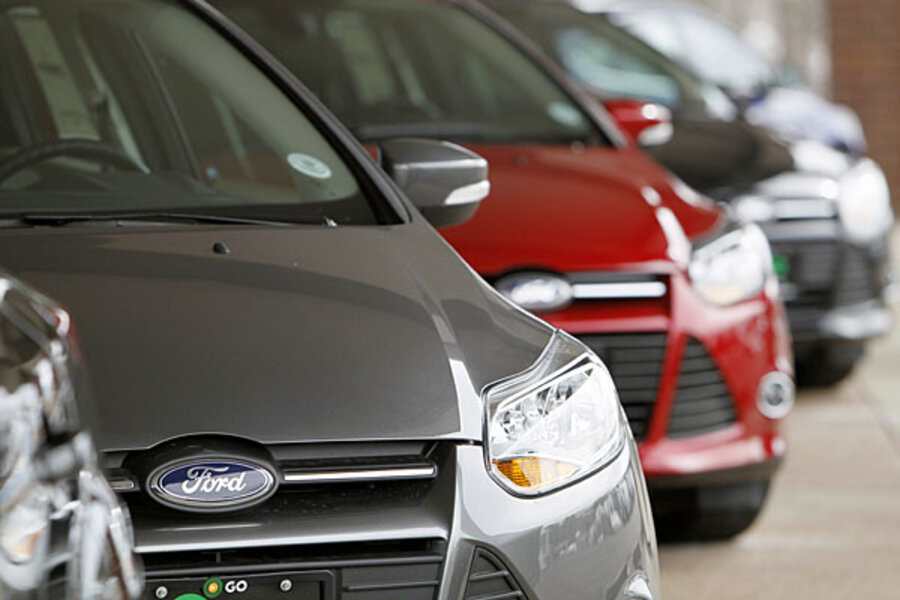New stats drive home Millennials' aversion to cars
Loading...
We've spilled a lot of ink on Millennials and their aversion to buying cars. Some data indicates that folks born between 1981 and 2001 are so un- and under-employed that their parents are the only ones who can afford to shop the showrooms. Other studies suggest that Gen Y finds driving to be a distraction from other noble pursuits, like, you know, text-messaging.
Today, Bloomberg posted some interesting statistics that both verify and complicate those theories. For example:
- Shoppers between the ages of 18 and 34 make up just 11% of today's auto market -- down from 17% in 2007, prior to the Great Recession.
- In 1983, roughly 92% of Americans between the ages of 20 and 24 had driver's licenses. As of 2010, that figure had dipped to 81%.
- Before the recession, college graduates landed entry-level salaries of about $30,000. Post-recession, the number has drifted closer to $27,000.
- Renting is hugely popular among Millennials: in the housing market, rental vacancy rates hover near historic lows. (This may explain the popularity of rental car services like Zipcar.)
Another crucial fact that bears mentioning is the increasing rate of urbanization in the U.S. In 2010, 81% of Americans lived in urban areas, and that figure has been growing.
What's it all mean?
The auto industry is going to have an increasingly tough time selling cars to young people -- even when they design those cars with young consumers in mind. That's because automakers have been hit by a perfect storm of unfortunate events:
- America's recovery from the Great Recession has been touch-and-go, hampered largely by economic troubles in Europe (though China has begun slipping, too). As a result, young people -- even college grads -- are having a tough time getting their financial footing, which puts a damper on their ability to buy big-ticket items like automobiles.
- As more people move to urban areas, car ownership becomes increasingly unnecessary. After all, why would anyone shell out for an automobile -- and a place to park it -- when there's decent mass transit available, as there is in many cities?
- Smartphones and other mobile devices have given young people new ways to connect. Millennials don't need to travel to interact face-to-face: they can chat online or by text message. There's anecdotal evidence to suggest that this is having an effect on bars and nightclubs, so it's not unreasonable to think that cars may be affected, too.
So, the $64,000 question is: how does the auto industry adapt to meet these changing conditions?







